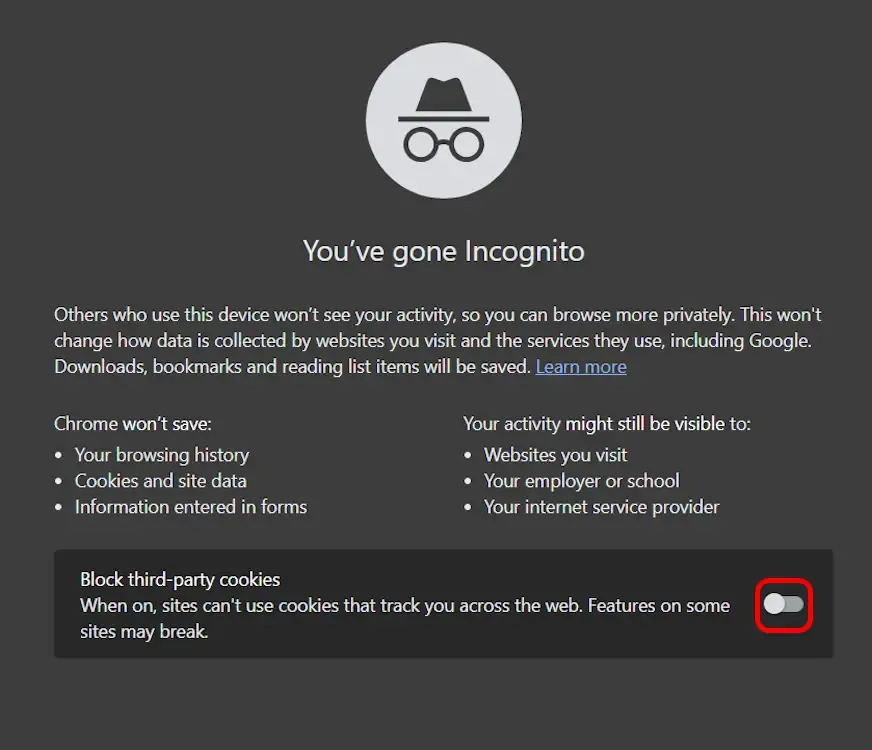
Google appears to be prioritizing its Privacy Sandbox initiative, recently taking significant steps by disabling third-party cookies for a portion of its Chrome users. By the end of 2024, Google aims to entirely eliminate cookies, marking a significant shift in online privacy practices. However, amidst these efforts, Google continues to face challenges.
In 2020, a class-action lawsuit was filed against Google by account holders, represented by Boies Schiller Flexner, alleging that Chrome users’ data was being stored despite using incognito mode. This controversy quickly gained attention.
After nearly four years, Google has reached an agreement to either delete or “de-identify” incognito mode data from billions of users. The $5 billion Motion for Miscellaneous Relief against Google underscores the significance of this settlement in holding dominant technology companies accountable for their data collection and usage practices, emphasizing the importance of transparency and user privacy.
Earlier this year, Google made updates to the wording used in Chrome’s Incognito Mode. The new message informs users that “You’ve gone Incognito. Your browsing activity is kept private from other users of this device, enabling discreet browsing.”However, this does not affect the data collection practices of websites and services, including Google.”
Google spokesperson José Castañeda informed the Wall Street Journal that Google is willing to “delete old technical data.” Castañeda clarified that the data gathered via Chrome’s Incognito Mode was never intended for personalization or association with the user’s experience. He dismissed the individual lawsuits against Google as “meritless.”
However, a significant revelation emerged. In 2019, Google’s chief marketing officer, Lorraine Twohill, had sent an email to CEO Sundar Pichai, cautioning him about the potential implications of labeling Incognito Mode as “private.”

As Google progresses towards eliminating cookies and addressing data collected from Chrome’s Incognito mode browsing, there are steps you can take to enhance your privacy in the meantime. In addition to refining the workings of Incognito mode, Google has introduced a toggle to block third-party cookies.
Therefore, when you engage in Incognito browsing, it’s advisable to toggle this setting off for added security. It’s worth noting that this setting is enabled by default, so be sure to adjust it accordingly to enhance your privacy protection.
Incognito mode in any browser is expected to provide users with a secure environment where their data is not collected in any form. This is precisely why individuals opt for incognito browsing—to maintain privacy and confidentiality. Private browsing serves a specific purpose, and this lawsuit is poised to ensure that companies do not misuse the functionality of incognito mode. More importantly, it is hoped that this legal action will prompt companies to reconsider their approach and refrain from obscuring the truth with cleverly crafted statements.
What are your thoughts on this entire situation? Share your opinions on googles decision in the comments section below.




